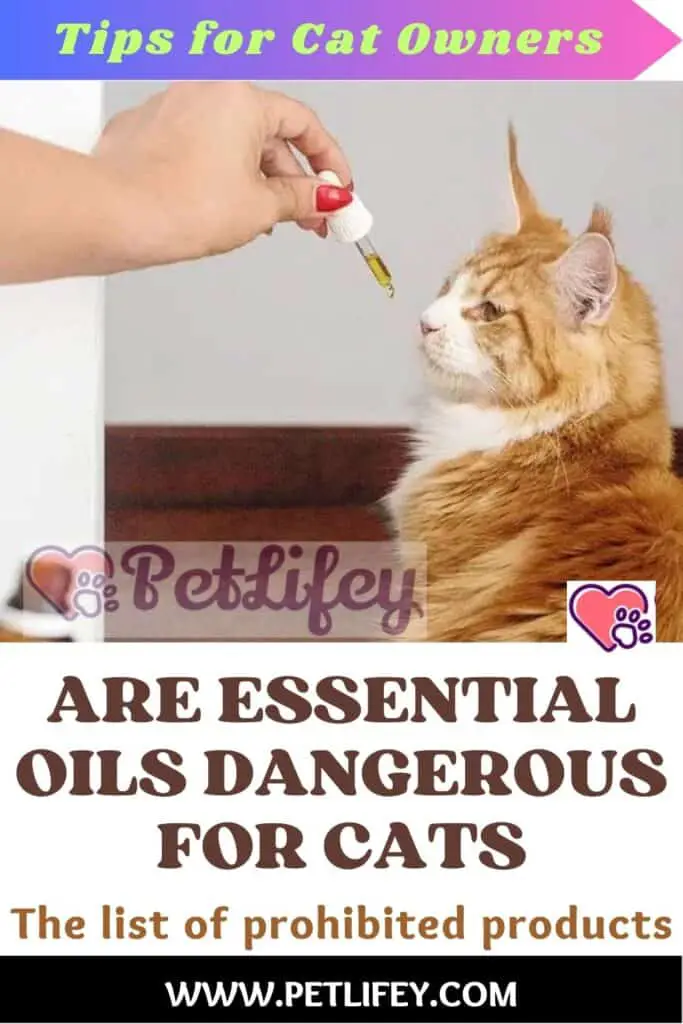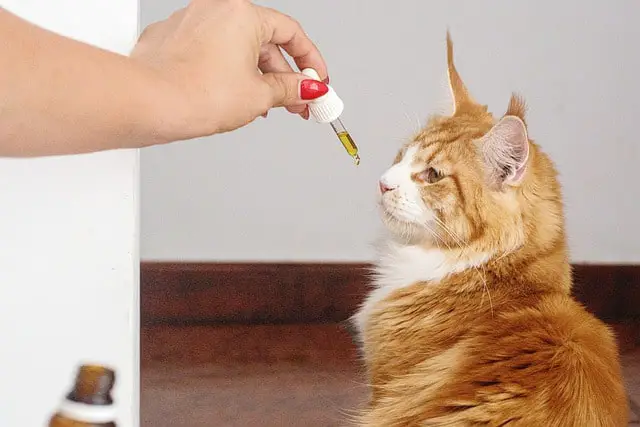Essential oils are natural compounds with multiple beneficial properties: can we also use them for cats or are they dangerous for their health?

Natural remedies have always been an aid in the protection of health, in order to prevent pathologies or soothe ailments that have already arisen; this applies to both humans and animals. Among the natural remedies we also include essential oils: are they dangerous for the cat?
Essential oils for cats yes or no
Essential oils are natural compounds extracted from aromatic plants. These products of plant origin have various beneficial properties, which cannot be enumerated as they vary according to the composition.
Essential oils can also be used for our four-legged friends. Not all of them, however: some essential oils will not be appreciated by the cat, while others will be dangerous.
First of all, let’s start with the tastes of the little cats. As is known, they differ considerably from those of humans, both in terms of nutrition and smell. Beyond the preferences, however, it must be said that the cat ‘s sense of smell is much more efficient than ours.
This results in an increased sensitivity to excessively strong odours. We can orient ourselves on the basis of common sense and knowledge of our cat’s tastes, or get advice from our trusted veterinarian; often, however, it may not be enough, and the best approach remains experience in the field, proceeding by trial and error.
It is sufficient to subject the samples of the chosen essential oils to the cat’s delicate sense of smell (and judgment): where the feline shows curiosity and interest, we will have made the right choice. We can also use the product in the event that, after having smelled the sample, the cat goes away; the important thing is that you do not show any signs of discomfort.
The essentials of valerian, frankincense, rosemary and geranium are particularly suitable for cats.
The list of prohibited products

Pay attention to the list of prohibited products.
Some essential oils, in fact, are dangerous for cats, such as cinnamon, thyme, birch, lemon (in this regard, we recommend reading the article on lemon poisoning in cats ) and citrus fruits in general.
With extreme caution and minimal doses, other essential oils should be administered, such as sage, oregano, juniper, fir, pine.
However, it is not enough to strictly follow the list of prohibited essential oils, as they are dangerous for the cat; even among the products recommended for the little feline there may be some pitfalls. The feline, in fact, could be allergic to one of the plants from which the compound was extracted.
Therefore it is always good to proceed with extreme caution: when we administer a new essential oil to the cat, we proceed with a small dose, in order to verify the reaction. For any doubts we can contact our trusted veterinarian.






